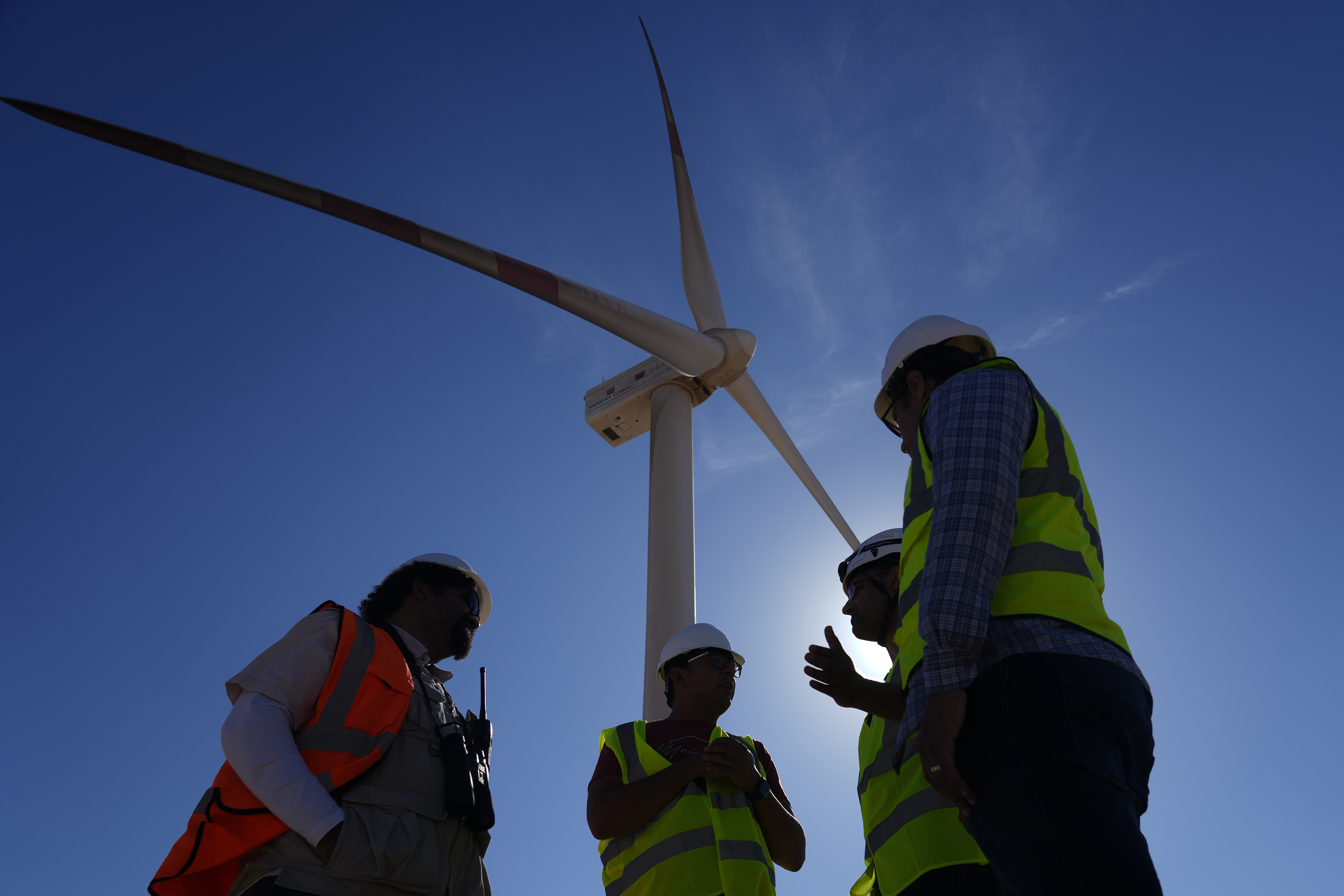
Russia’s invasion of Ukraine is likely to accelerate the world’s transition to greener energy from fossil fuels, the International Energy Agency (IEA) said on Thursday.
“Energy markets and policies have changed as a result of Russia’s invasion of Ukraine, not just for the time being, but for decades to come,” said Fatih Birol, executive director of the agency, which released its annual World Energy Outlook report.
Governments around the world are responding to the crisis by doubling down on clean energy – in the US, EU, Japan, China, India & elsewhere
Their new policies are set to help global clean energy investment rise above $2 trillion a year by 2030, an increase of over 50% from today pic.twitter.com/yWjje7KAHB
— Fatih Birol (@fbirol) October 27, 2022
“The energy world is shifting dramatically before our eyes. Government responses around the world promise to make this a historic and definitive turning point towards a cleaner, more affordable and more secure energy system,” Birol said.
The report noted that Russia, the world’s largest exporter of fossil fuels, was hit by cuts in the supply of natural gas to Europe as well as imports of oil and coal because of European sanctions.
Russia’s supply of internationally traded energy will fall to 13 percent by 2030 from about 20 percent in 2021, the IEA projected.
While reduced supplies of Russian oil, natural gas and coal hit the economy, the outlook projected that further investments in new fossil fuel projects would not be needed.
Natural gas prices “have reached levels never seen before,” regularly exceeding $250 for a barrel of oil. As coal prices soared, oil crossed $100 per barrel in mid-2022, according to the report.
The transition to green energy relies on investment, with the IEA projecting an uptick from $1.3 trillion today to $2 trillion by 2030, reaching net zero emissions by 2050.
Global emissions of fossil fuels will peak by 2025, as coal use falls over several years, natural gas demand plateaus by 2030, and oil demand levels off in the middle of the next decade, before dropping, it said.
The energy crisis created “a looming risk of recession” as higher prices triggered food insecurity across the world, and poorer households worried about affording energy and food.
The IEA said about 75 million people who recently gained access to electricity were at risk of losing it because of difficulties in paying for it. The number of people worldwide without electricity access has risen for the first time since the agency started tracking it. Almost 100 million people could again turn to firewood for cooking, it said.
“Governments have so far committed well over $500bn, mainly in advanced economies, to shield consumers from the immediate impacts,” the IEA said.
Some countries are trying to secure alternative fuel supplies and adequate gas storage, while others have increased oil and coal-fired electricity generation “extending the lifetimes of some nuclear power plants, and accelerating the flow of new renewables projects”.
“With energy markets remaining extremely vulnerable, today’s energy shock is a reminder of the fragility and unsustainability of our current energy system,” the IEA said.
The European Union could introduce a gas price cap this winter to limit excessive price spikes.







